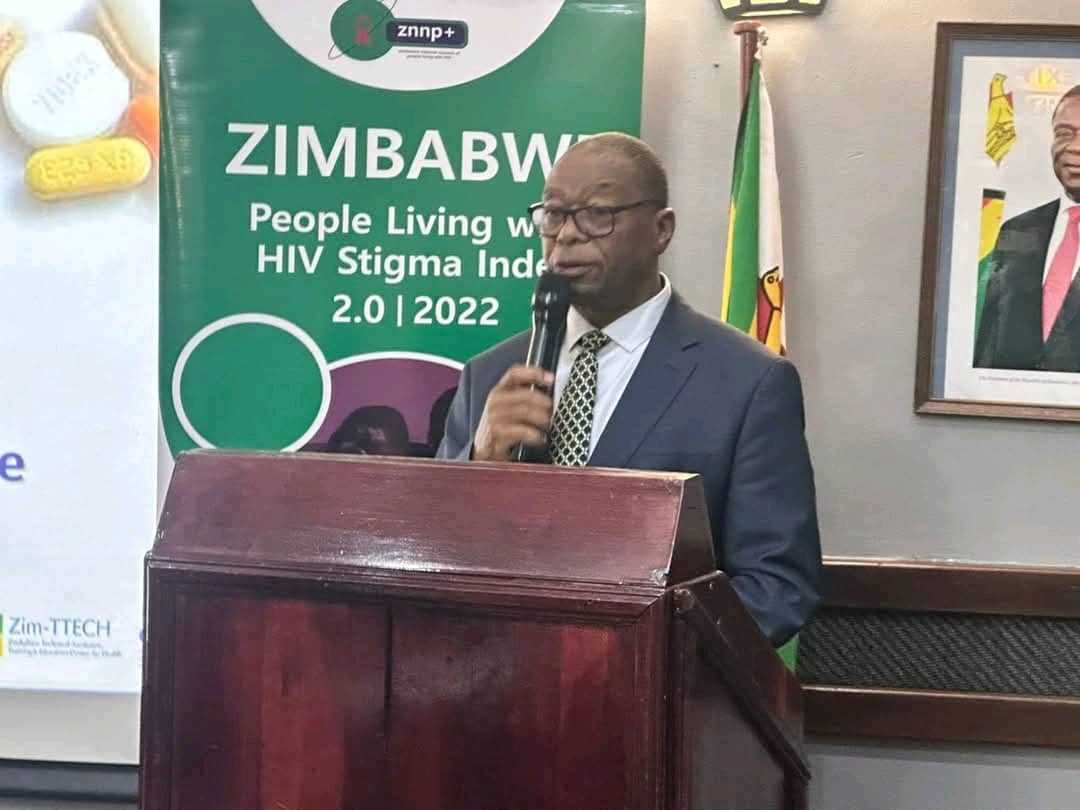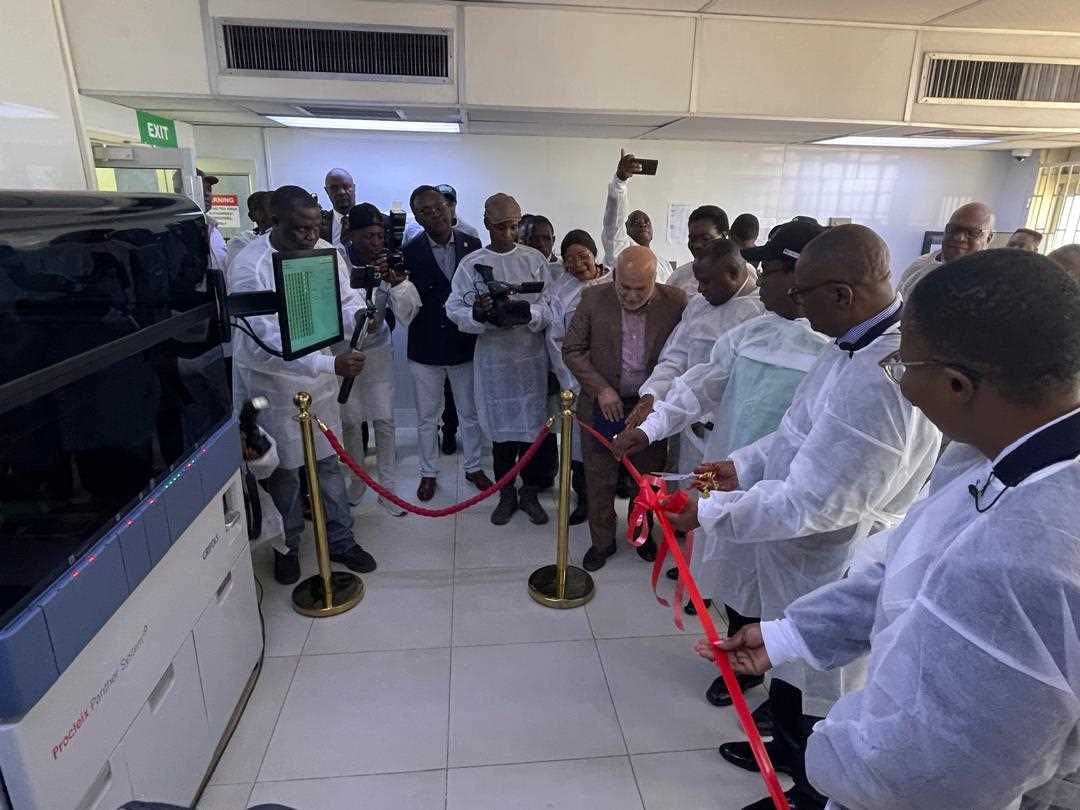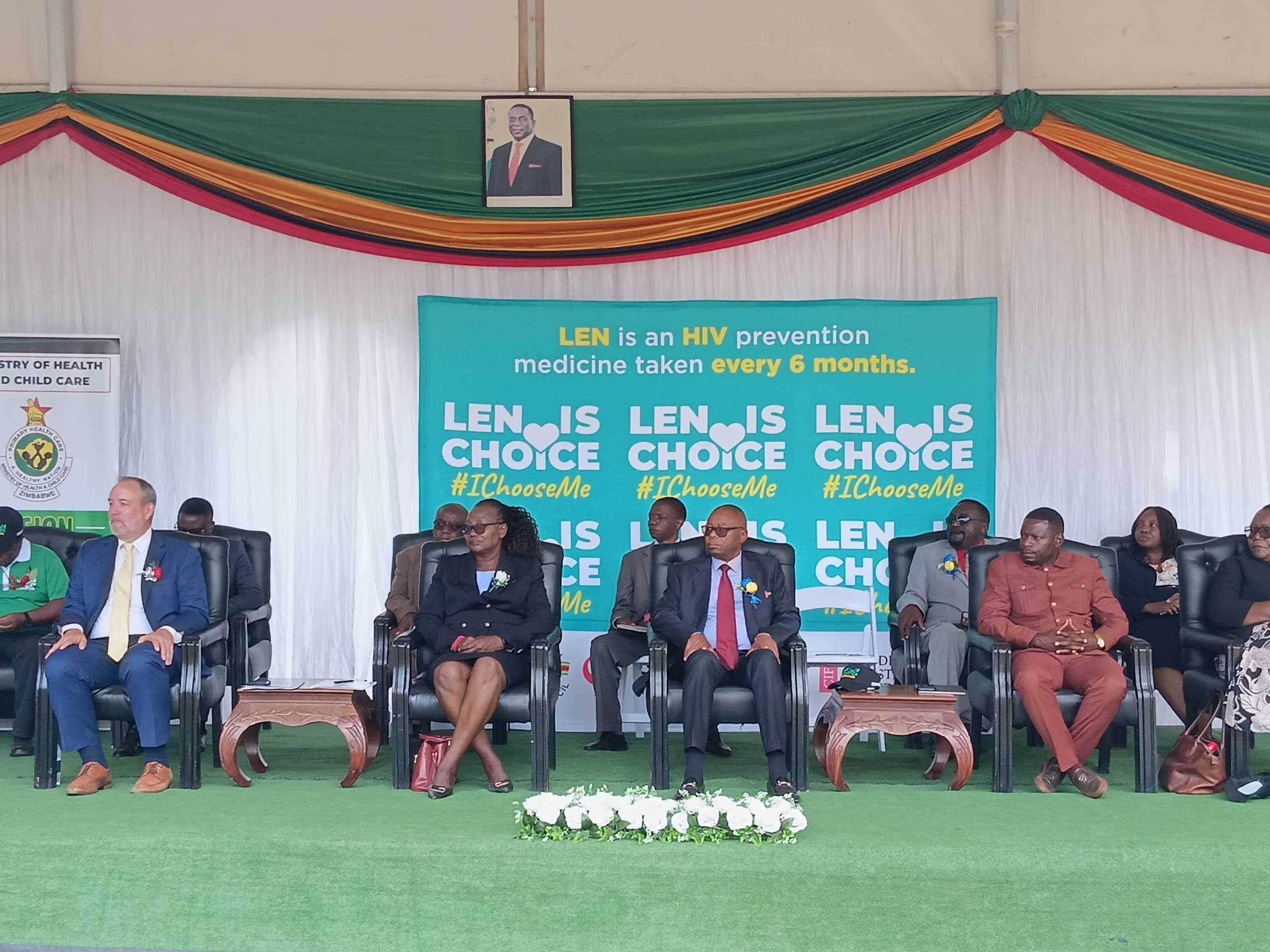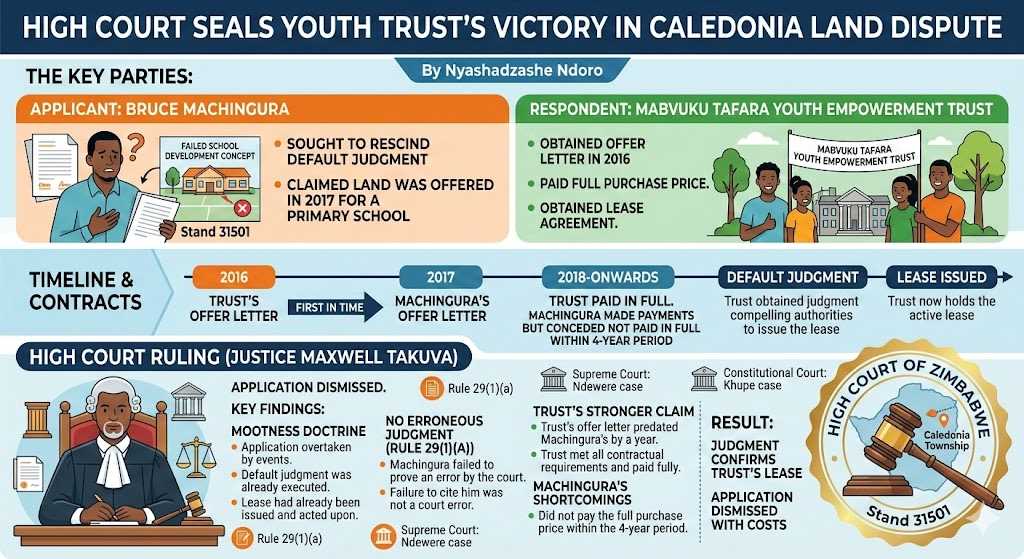
Patricia Mashiri- Zim Now Reporter
The Zimbabwe National Network of People Living with HIV (ZNNP+) has called for collective efforts to end HIV-related stigma and discrimination in the country.
Speaking during a media breakfast meeting aimed at empowering journalists with the skills and knowledge to effectively tackle stigma, ZNNP+ Program Officer Tonderai Mwareka said there is a pressing need to intensify efforts to address the issue.
“We conducted what we call a stigma index study — the first one in 2014 — which showed that 65.5% of people living with HIV experienced one or more forms of stigma and discrimination. A follow-up study conducted in 2022 revealed an increase to 69.7%, which is a cause for concern. We need to act urgently to address this issue because the global target is less than 10%.
“We are encouraged by the fact that some government departments are now engaging ZNNP+ to present during their awareness meetings and sessions. This is a positive development. In some communities, we also need to encourage disclosure and support for people living with HIV, anchored in education,” he said.
Mwareka also emphasized the importance of addressing internalized stigma.
Meanwhile, speaking at the same event, Minister of Health and Child Care Douglas Mombeshora said stigma has devastating consequences that must be addressed urgently.
“Stigma and discrimination remain among the most damaging barriers to Zimbabwe’s national HIV response. For people living with HIV, the impact goes beyond emotional distress — it is structural and systemic.
Related Stories
Stigma isolates individuals, erodes their self-worth, and discourages vital actions like HIV testing, disclosure, and adherence to treatment.
Discrimination in families, workplaces, healthcare settings, and communities creates fear and silence that allow the virus to spread unchecked.
“No one should feel shame for living with a health condition. Our collective commitment must be to build a Zimbabwe where every person living with HIV is treated with dignity, respect, and compassion — free from judgment and fully supported to live a healthy, productive life,” said the Minister.
He also recognized the media as an indispensable stakeholder, playing a critical role not only in Zimbabwe’s HIV response but also in shaping government policy, raising public awareness, fostering accountability, and encouraging dialogue that leads to evidence-based decisions.
“You are not merely conveyors of information — you are agenda-setters, influencers of public sentiment, and advocates for justice. Your voices are essential to advancing health equity, dispelling myths, and amplifying the resilience of those affected by HIV,” he said.
Despite the persistent stigma, Zimbabwe has made notable progress. Approximately 1.3 million Zimbabweans are living with HIV, and over 96% are accessing life-saving antiretroviral therapy. The country reached the UNAIDS 95–95–95 targets ahead of schedule.
Research shows that internalized stigma leads to shame, isolation, depression, and low self-esteem — all of which reduce mental well-being and deter engagement with HIV services.
The fear of judgment causes delays in seeking care, increasing the risk of late diagnosis and treatment failure, ultimately undermining both individual and public health.




















Leave Comments